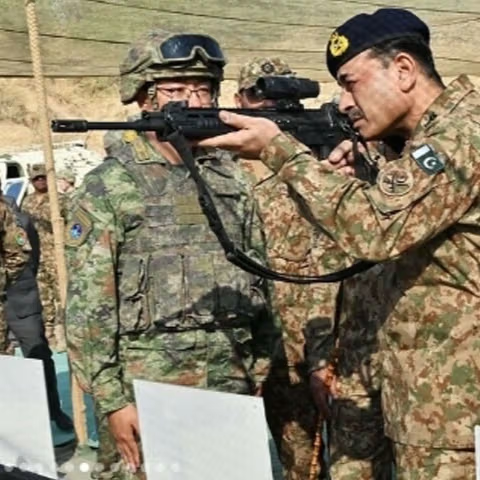Agence France-Presse (AFP) reported on Thursday, 25 September, that since the start of 2024, around 2.6 million Afghans have returned to the country; many after decades abroad, and some entering Afghanistan for the first time.
Hans-Jakob Schindler, former coordinator of the UN monitoring committee on militant groups, told AFP: “The risk that Islamic State Khorasan sees these newly arrived Afghans as a potential recruitment pool is high.”
He noted that since 2021, IS-K has recruited both disaffected Taliban members and Afghans excluded from the new governing structures.
A European diplomatic source told AFP: “We already know that some Afghans join terrorist groups not out of conviction, but out of economic necessity.”
Although Afghanistan’s security situation has improved since the Taliban takeover and the cessation of their insurgency, IS-K, based in the east, continues sporadic attacks that pose an ongoing threat to Taliban rule and regional stability.
In recent months, the Islamic Republic of Iran has intensified its anti-migration policies against Afghan citizens, expelling large numbers. Amnesty International in July urged Iran to immediately halt deportations of Afghans.
Deportees Face Poverty and IS Shadow
The UN High Commissioner for Refugees (UNHCR) estimates that up to four million Afghans may return by the end of 2025.
Indrika Ratwatte, the UN humanitarian coordinator in Afghanistan, said the returnees “face enormous challenges, without jobs, housing, or access to basic services.” He warned they could become vulnerable to “negative coping mechanisms, including exploitation by armed groups.”
According to the World Bank, nearly half of Afghanistan’s 48 million people live below the poverty line, and about one-quarter of young people aged 15–29 are unemployed.
The UN, in a July report, warned that Afghanistan offers ground for multiple terrorist groups, posing a serious threat to Central Asia and beyond. It said IS is the most dangerous, with roughly 2,000 fighters who have organised attacks in Russia, Iran, and Pakistan in recent years.
Amina Khan of the Institute of Strategic Studies in Islamabad noted that Afghans returning after decades abroad are often viewed as outsiders. She added that many, having lost businesses and property, are “fodder for these transnational terrorist groups that are operating within the region.”
Central Asian countries have repeatedly voiced concern in recent years about the growing strength of terrorist groups and their threat to regional security.
Russia says about 23,000 fighters from 20 different terrorist organisations are present in Afghanistan.
In August, Russia’s Security Council Secretary Sergei Shoigu, said that “The greatest concern is the activity of the Afghan branch of (Islamic State)… which has training camps, mainly in the east, north, and northeast of the country.”
Russia says it has recognised the Taliban authorities in order to bolster regional security and combat terrorist threats.
A Ticking Time Bomb
Schindler says “Many foiled attacks in Europe between 2023 and 2025 have been linked back to the Islamic State.”
A European diplomat described the situation as a real “ticking time bomb” for many European countries.
The UN concluded that the only way to prevent extremist recruitment among Afghan migrants is to build a future of dignity for them through foreign assistance.
Washington, however, has sharply cut humanitarian aid to Afghanistan to prevent funds from reaching the Taliban.

